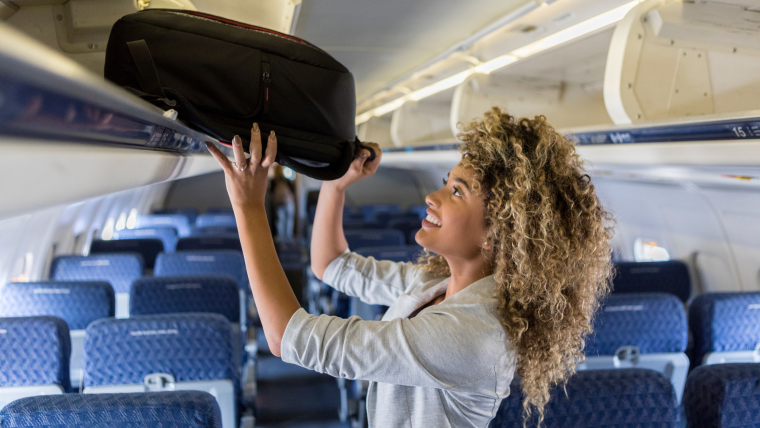The Travel Industry is highly competitive, with many players competing for market share in different segments, such as airlines, hotels, and online travel agencies. Competition is driven by factors such as price, convenience, quality of service, and brand reputation. Two additional factors impact the Travel Industry:
- With the rise of technology, the industry has become even more competitive, as consumers have more choices and greater access to information about travel options.
- The Travel Industry has been significantly impacted by the COVID-19 pandemic, leading to a significant decrease in employment, which has led to a decrease in know-how and specialist skills.
According to data from the Bureau of Labor Statistics, the Hospitality Industry saw a loss of over 2.5 million jobs in April 2020. As of December 2022, the industry has recovered some jobs, but the employment and skills level is still below pre-pandemic levels.
According to the InternationalAir Transport Association estimates, the global airline industry could have lost up to 25 million jobs due to the pandemic.
Finding the right talent has become increasingly difficult. This has led to many companies investing heavily in technology in order to fill the gap in missing skills.
There are some specific areas we can observe technology helping with a lack of resources:
Hotels:
- Increased use of technology for booking and reservations, with a shift towards online and mobile bookings. All online customer journey automates hotel reservations, check-in, check-out, and in-hotel experience.
- Implementation of cloud property management systems (PMS) that automate front-office operations, back-office reporting and improve the guest experience.
- Adoption of pricing technologies (Rate-Shoppers) like www.ratemetrics.com that automatically collect and visualize hotel and competition prices.
- Adoption of revenue management systems (RMS) that optimize and automate room price changes to improve revenue.
- Increased use of smart technology in rooms, such as smart lighting, temperature control, and entertainment systems, that complement hotel services.
- Use of chatbots for 24/7 customer service and personalization that complement hotel reservations and reception services.
- Adoption of virtual reality (VR) and augmented reality (AR) for hotel tours and guest experiences that support hotel sales manager roles.
- With more and more data being collected, there is a growing need for better analyses that can make sense of this information and use it to make better business decisions. Many hotels are investing in technology to help them analyze and make sense of the data they collect.
Airlines:
- An increasing adoption of NDC (New Distribution Capability) technology that aims to improve the way airlines sell their products (especially ancillary) and services online.
- Mobile bookings: The number of bookings made on mobile devices has increased dramatically in recent years and now represents a significant portion of all airline bookings, automating the pre-airport customer journey.
- Adoption of data analytics: Airlines are using data analytics technologies to optimize operations, improve customer experience, and drive revenue growth.
- Adaptation of reinforcement learnings in airline pricing. New Technologies like www.faretrack.ai allow for fast route setups and automate dynamic fare monitoring in close to real-time many times in a day.
- Revenue management systems (RMS) adopt the above-mentioned reinforcement learnings in their technologies, automating much more dynamic fare management and distribution.
- Automation of operational processes: technology to automate operational processes, such as baggage handling and flight scheduling, in order to improve efficiency, reduce costs and offset lack of talent.
- Exploration of virtual reality (VR) and augmented reality (AR) for training, customer service, and marketing.
- Investment in AI and machine learning, to look for ways to automate more & more processes and reduce dependence on human resources: chatbots and virtual assistants.
As companies scramble to find the skilled workers they need, the shortage of talent in the Travel Industry has fueled the expansion of technology and automation, that has had a profound impact on company’s operations and management.
While the talent shortage is a concern, it opens a new opportunity to improve business processes and stay competitive in a highly competitive industry.



